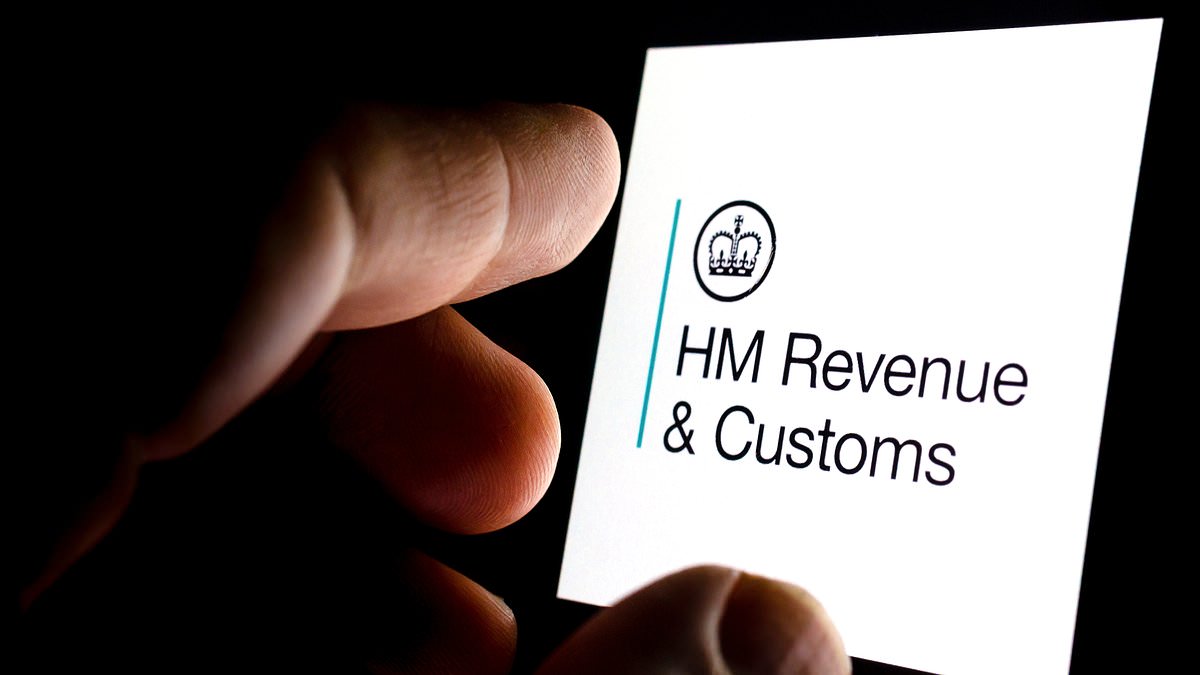- Rejecting valid submissions, delaying payments and reclaiming tax credits
- Government’s flagship program offers financial lifeline to many small businesses
- Scheme is key to government plans to make UK a ‘tech superpower’ by 2030
HM Revenue & Customs is under fire for clamping down on businesses by denying genuine claims for research and development tax breaks from innovative small companies.
The tax office is rejecting valid returns, delaying payments and clawing back tax credits as part of a wider effort to tackle fraud, numerous sources told The Mail on Sunday.
The government’s flagship program provides a crucial financial lifeline for many start-ups and small businesses that need financial support to grow.
The plan is key to the government’s plans to turn the UK into a “tech superpower” by 2030.
HMRC estimates that more than 90,000 businesses claimed £7.6 billion in R&D tax relief in 2021-2022.
But the tax authorities also believe that more than £1 billion of this was paid out to fraudsters, or by mistake.
It recently adopted a much tougher approach to claims, now checking one in five applications – up from one in a hundred previously. Experts warn that this increasingly onerous regime is leading to genuine claims being rejected and could force would-be tech champions to move abroad.
“There is a real risk that the processing of some R&D tax relief claims could undermine the government’s own policy of supporting investment here in the UK,” said Natasha Frangos, managing partner at accountants Haysmacintyre.
‘We should remove obstacles to innovation, but this hinders rather than helps.’
Related articles
HOW THIS MONEY CAN HELP
HMRC has hired hundreds of staff to enforce the crackdown, sparking protests from businesses and their advisers over the way some claims are being torpedoed. They say newly recruited caseworkers are poorly trained, lack experience and assume applications are fraudulent unless proven otherwise.
“No one has confidence in the system anymore,” says tax credit advisor Vicky Kwenda.
She cites the case of a customer in the defense sector who developed a camera that works at temperatures as low as minus 30 degrees Celsius.
Click here to adjust the size of this module
HMRC refused a £70,000 claim for R&D tax relief because it argued there were ‘similar’ cameras available – even though none of them worked in temperatures below -15°C. Her appeal was rejected because ‘similar’ technologies operated at temperatures between plus 400°C and minus 1500°C, HMRC said.
“Common sense would tell you that these numbers are not accurate,” Kwenda said. “The reviewer mixed up the data regarding the temperatures that a thermal camera can capture with the data regarding the ambient temperatures that the camera can operate in.”
HMRC declined to comment on specific cases, but CEO Jim Harra recently told MPs his staff were not technical experts.
“My people are tax inspectors. They are not software engineers or rocket scientists,” he said.
According to Adam McCann of Claimer, whose software helps with the filing and processing of claims, two-thirds of HMRC investigations occur after R&D tax credits have been awarded. In one case, a genuine claimant was ordered to repay £300,000, while junior caseworkers played the role of ‘judge, jury and executioner’.
A spokesperson for HMRC said the tax authority recognises the importance of R&D in driving innovation and economic growth.
Claimants underwent a “risk screening process” and most were paid without question, the spokesperson said. “All claims are handled professionally by colleagues with the relevant level of expertise.”
Some links in this article may be affiliate links. If you click on them, we may earn a small commission. That helps us fund This Is Money and keep it free to use. We do not write articles to promote products. We do not allow a commercial relationship to affect our editorial independence.
